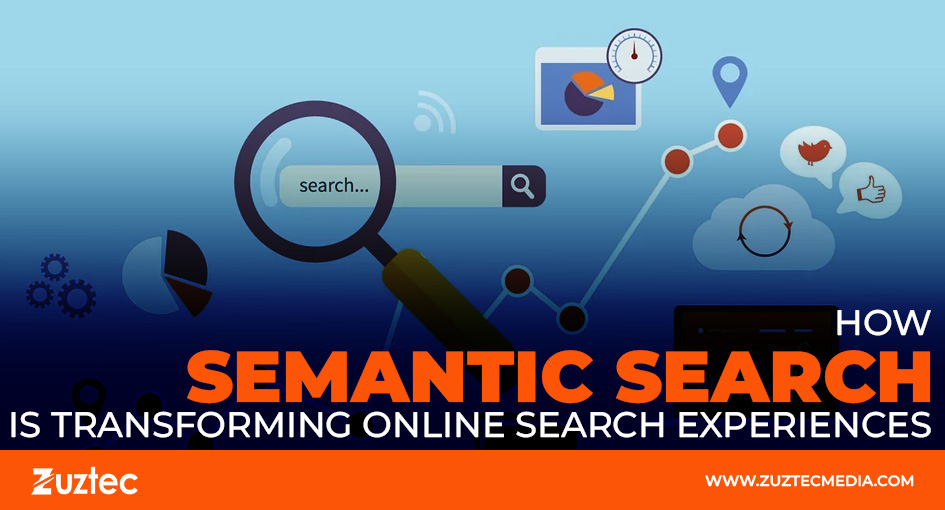
How Semantic Search Is Transforming Online Search Experiences
Search engines are a part of everyday life. Whether you’re looking for answers to a question, shopping online, or finding a local business, you rely on search engines like Google to show you the most relevant results. But how do these engines understand what you’re looking for, especially when your search isn’t perfectly worded?.
Search engines can comprehend not only the precise words you type but also their meanings thanks to it. In addition to keywords, semantic search takes into account word relationships, context, and intent. This increases the precision and utility of the results, regardless of how complicated or unclear your query is.
For example, if you search “best places to visit in fall,” a traditional search engine might just look for pages with those exact words. On the other hand, a search engine will recognize that you’re looking for autumn travel suggestions and display results that are pertinent to your query.
As user expectations grow and language becomes more natural in search, it plays a key role in improving accuracy and satisfaction. By comprehending your meaning instead of just what you say, it enables search engines to react as a human would.
In this article, we’ll explore how it works, why it matters, and how it’s changing the way people find information online. We’ll also look at how businesses and content creators can adapt to stay visible in a semantic-first search world.
What Is Semantic Search?
Instead of merely matching particular keywords, it allows search engines to comprehend the intent and meaning of a user’s query. Its main goal is to provide outcomes that most closely correspond to the user’s actual request.
Instead of treating each word as separate, it considers how words relate to each other. It looks at synonyms, user behavior, previous searches, and natural language patterns. This makes it easier for the search engine to provide results that answer the question, even if the keywords aren’t an exact match.
For example, searching “how to fix a leaking tap” might return results with “how to repair a dripping faucet,” because the engine understands that “tap” and “faucet” mean the same thing.
How Does It Work
- Natural Language Processing (NLP): This helps search engines read and interpret everyday language.
- Machine Learning: Search engines learn from past searches and click behavior to improve future results.
- Knowledge Graphs: These connect facts, names, and topics to create a web of related information.
- Contextual Analysis: The engine considers previous searches, location, and device type to better understand intent.
By combining these tools, search engines can understand what users want, even if the query is unclear or has multiple meanings.
Intelligent Search’s Advantages for Users
It makes life easier for everyday users. Here’s how:
- More accurate results: You get better answers even if your wording is not perfect.
- Faster search experience: Less time spent refining your search terms.
- Natural queries: You can search how you talk, using full sentences or questions.
- Better content variety: Results include diverse sources that match your intent, not just exact keywords.
These improvements make it easier for people to find the right information quickly and with less effort.
Challenges of Semantic Search
While it brings many benefits, it also presents a few challenges:
- Content quality matters more: low-effort, keyword-stuffed pages don’t work anymore.
- SEO strategies must evolve: old tactics focused on exact keywords are less effective.
- Requires more research: Writers and marketers must deeply understand their audience’s needs and language.
These trends will continue making search faster, more accurate, and more human-like.
However, semantic search is changing the way we use the internet. Instead of relying only on exact keywords, search engines now try to understand the true meaning behind every query. This shift allows users to get more accurate results, even when their search terms are vague or phrased in everyday language.
It results in a more seamless and user-friendly search experience for users. It offers both possibilities and difficulties for companies and content producers. Those who create clear, helpful, and well-structured content will benefit the most in this new era.
The adaptation is becoming necessary as search engines become more intelligent. Whether you’re searching for answers or trying to reach your audience, understanding how it works is the key to success.

